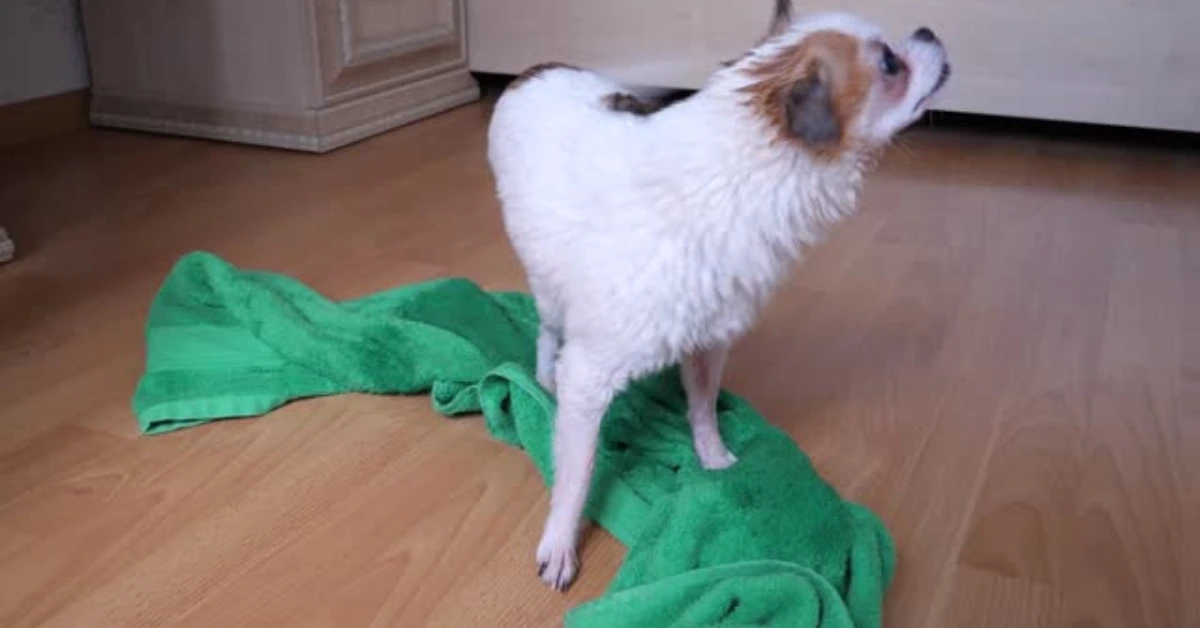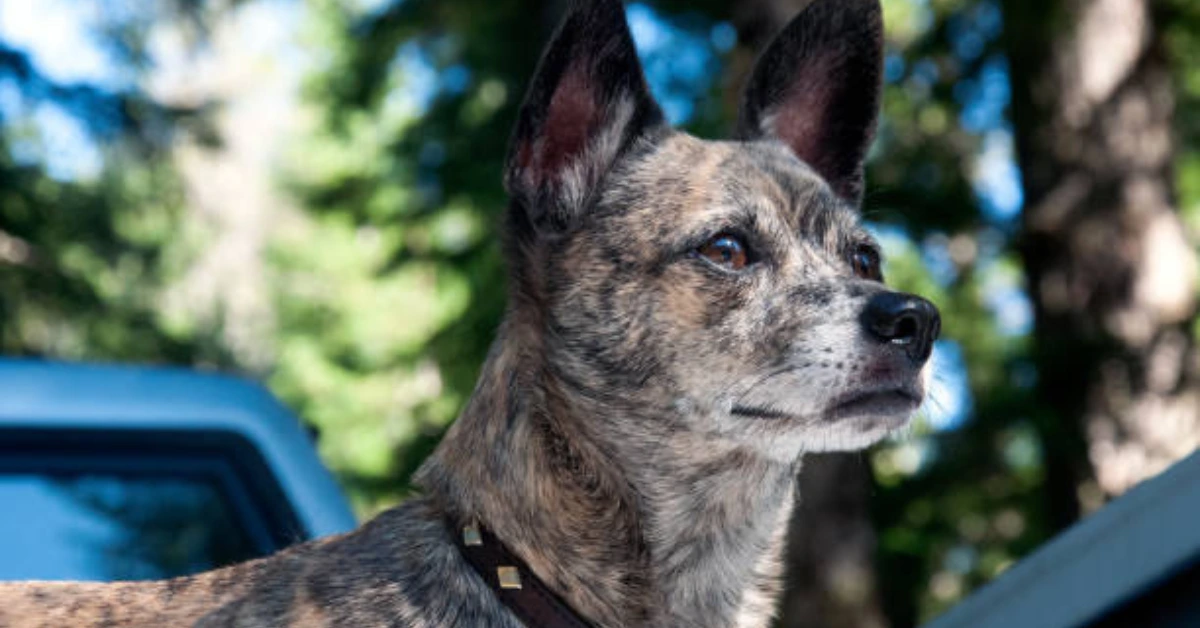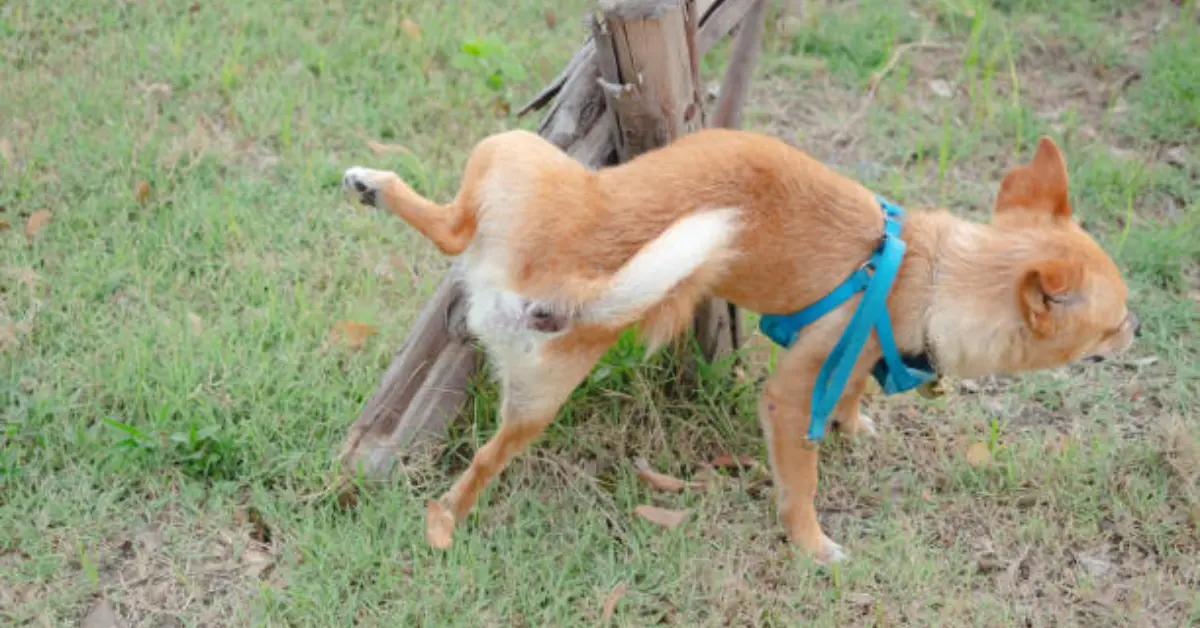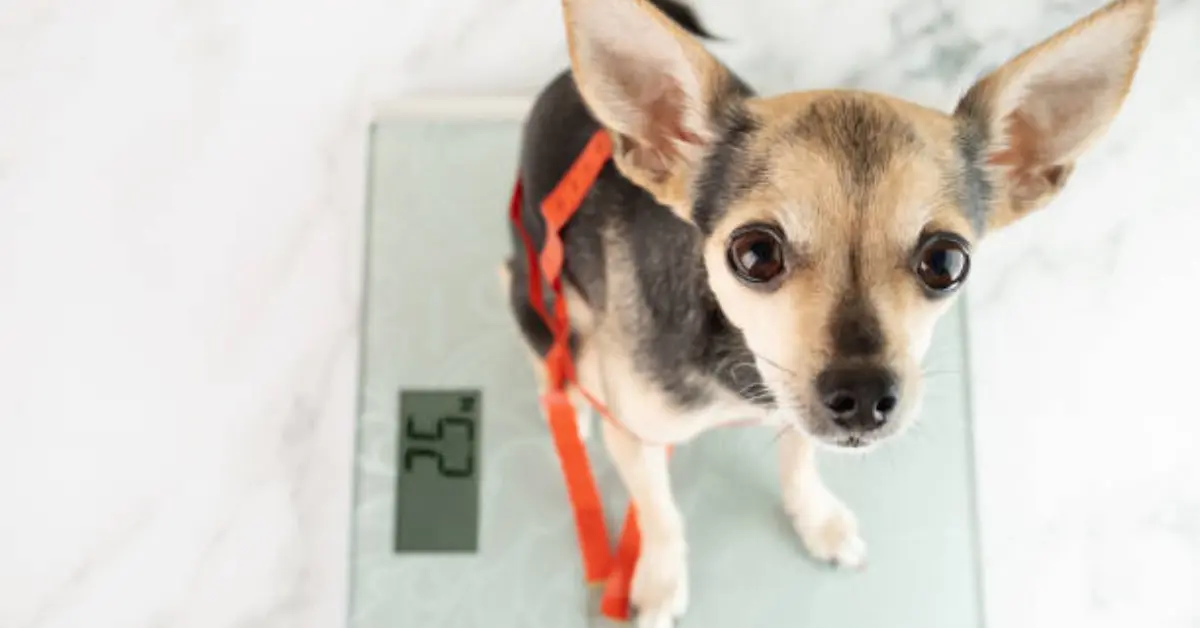Chihuahuas are very special, they are very popular dogs, especially in the USA. They are the preferred dogs among celebrities. Even with their small size, they have huge personalities. You might be asking why chihuahuas shake. Perhaps this is a source of worry for you.
Does your chihuahua always shake? Perhaps this is a source of worry for you. You should stop worrying about it because in this article we will cover all the reasons why chihuahuas shake and how to fix them.
Chihuahuas have the tendency to be aggressive, uneasy, and nervous dogs. However, these dogs don’t shake or shiver for no reason. The cause can be physical or psychological. To make the diagnosis a simple task for your vet, it is advisable to take notes of the dog’s behavior and environment whenever he starts shaking.
Advertisement
There are many reasons why chihuahuas tramble including, cold weather, fear, anxiety, high metabolism, or some health issues such as GTS ( generalized tremor syndrome), injury, or allergies.
In order to help your dog bypass this issue, you have to identify the cause of shaking correctly and whether it is normal or requires medical attention.
Here are 5 reasons why chihuahuas shake so much.
1. Higher Metabolism
Due to their small size, chihuahuas in general have a fast metabolism. This is why they burn calories very fast, some believe it is three-time faster than other larger dogs. Also, having a high metabolism explains why they shiver when they are anxious or excited about something.
In addition, High metabolism affects directly the regulation of body temperature. In fact, chihuahuas burn off very fast their body heat. Therefore, during this process chihuahuas can feel cold immediately.
Even if the ambient temperature is hot your chihuahua can shake because of the nature of their metabolism.
2. Anxiety and Fear
Chihuahuas have the tendency to be courageous and fearless. However, they can feel fear and shake if they have a good reason.
Chihuahuas are very intelligent, they can remember unwanted situations very well in the same way as we do especially when we are kids.
For example, when a mess is caused by them, you may notice them start to shake because they know that they will get scolded for it and are very aware of your reaction.
Even if you are not too harsh on them, these tinny creatures recognize our emotional shifts, they understand very well our non-verbal language. This is why they know when we are not happy about something.
In addition, there are other situations where they can get scared. For instance, when they meet a larger dog in the park, when they ride a car, when you let them alone at home, etc.
The fix:
If you notice that your chihuahua starts shaking when she sees a big dog, hold her or put her on a leash.
In order to help your chihuahua to overcome this type of fear you should offer her some reassurance and that everything is under your control. Try to make her feel safe.
If they get scared when you let them alone for a long time, there are some tips that can help. For example, buy some toys, don’t make your absence leaving a big deal, just leave the house without looking back, put food and water they will need, etc.
Socialization at an early age is also a great thing to help your dog overcome fear and anxiety.
THIS ARTICLE MAY HELP: Leaving a chihuahua home and separation anxiety
3. Low Blood Sugar (Hypoglycemia)
When chihuahuas have low blood sugar, they will become lethargic and start shivering uncontrollably. This situation can cause seizures and even death if you didn’t catch it early.
Hypoglycemia can be the cause of why our dog is shaking. However, severe cases of it may lead to unwanted results such as confusion, and fainting.
The fix:
Give your chihuahua 3-5 meals a day instead of 2-3. Try to fix your dog’s flow of nutrients. Don’t give them less food.
A small dropper can also help. You fill it with sweetened water. They may help your dog recover very fast when he displays symptoms of low blood sugar.
4. GTS (Generalized Tremor Syndrome)
This condition is called also steroid-responsive tremor syndrome. It can affect all dogs regardless of their size or breed.
This issue is present in dogs between the age of nine months old and two years. Also, it is hard to diagnose it because it has the same symptoms as anxiety.
The fix:
The remedy for this condition can be prescribed by the vet after a check-up.
The vet will manage a complete check to discover the main cause. Be ready to help him by giving him your dog’s symptoms, behavior changes, activities, etc.
5. When They Are Cold
When the ambient temperature is 35 degrees Fahrenheit, it means that the weather is cold. Whether you are the parent of a long-haired chihuahua or a smooth hair chihuahua, both are sensitive to cold weather.
It is pretty clear that these small dogs are not robust, with their high metabolism and the absence of body fat they don’t have the ability to handle the cold weather. This is why they start shaking when they feel cold.
The fix
Here are some tips to help your dog to stay warm during cold seasons:
- Buy some clothing for your dog that will keep him/her warm. Regardless of how they may look, the goal here is to keep your dog warm and safe.
- Buy a heating system to keep a consistent and favorable temperature inside your house.
- Prepare your dog a warm bed and some extra blankets
- The location of your chihuahua bed should be away from windows and the door
- Don’t go outside when the weather is very cold
- Hold your chihuahua in your arm to warm him by your own body temperature whenever you see him start shivering. This way the bond between you and your dog will be strong.
- Going outside for a walk only when the weather is starting to be clear and hot.
Final Thoughts
You should not worry about this issue anymore as we rolled out all the possible causes of this behavior. However, if the behavior is chronic you have to seek your vet’s advice.
Finally, our content is not meant to be a substitute for professional veterinarian advice.
YOU MAY ALSO LIKE:
When a chihuahua Dislikes the Car
How to help a chihuahua that is scared of his world?
Advertisement















